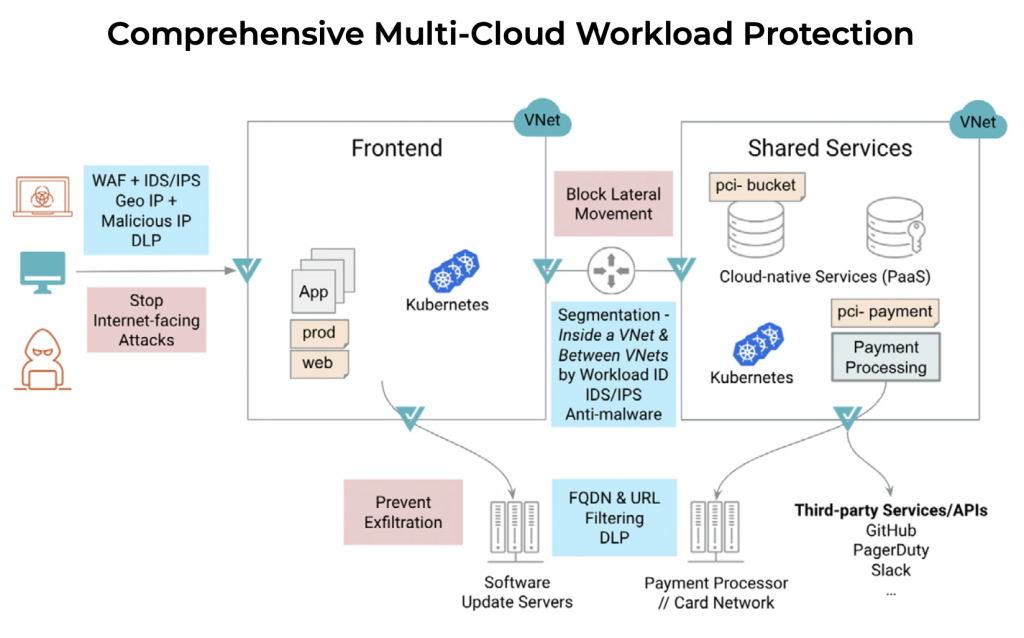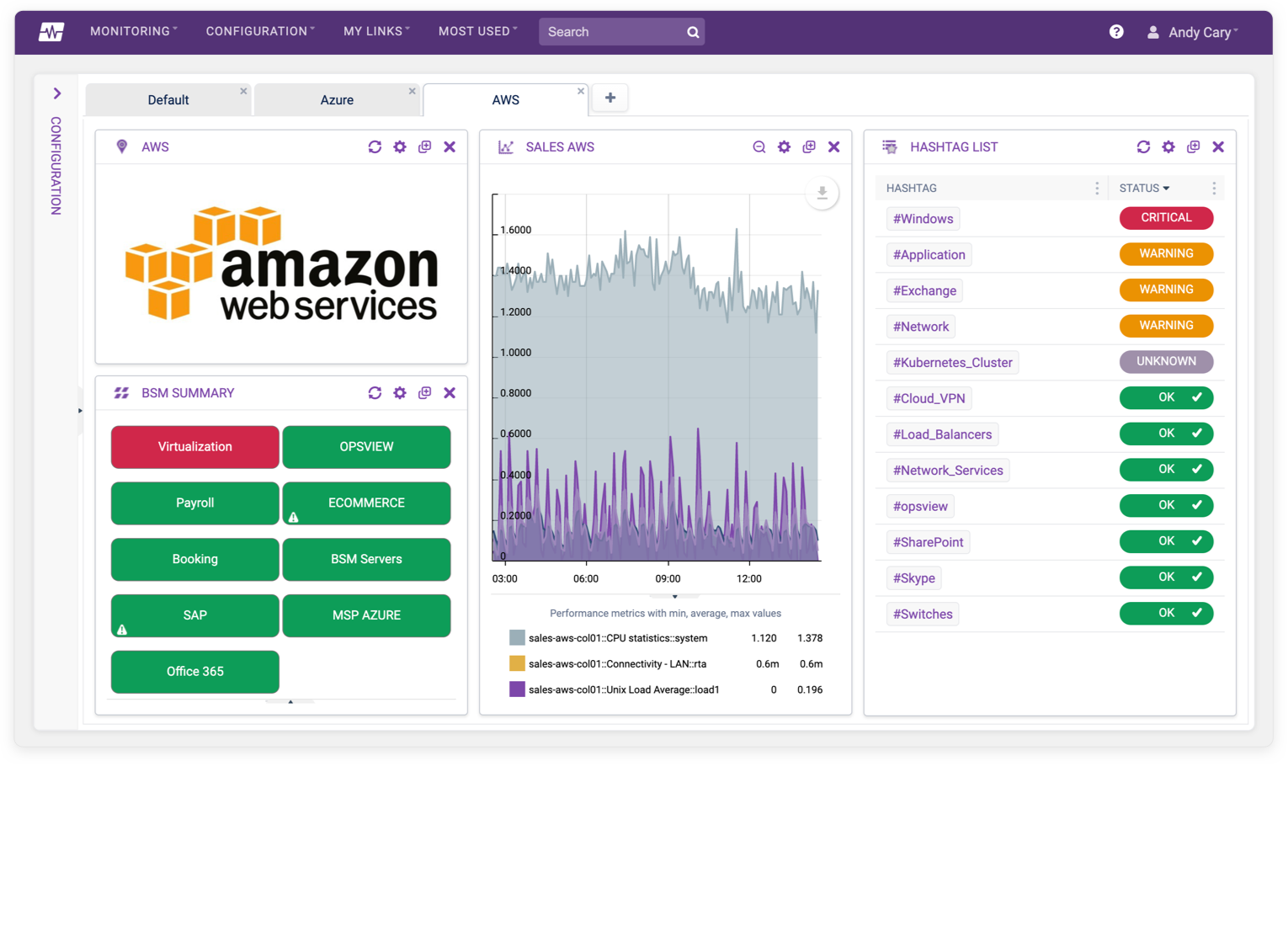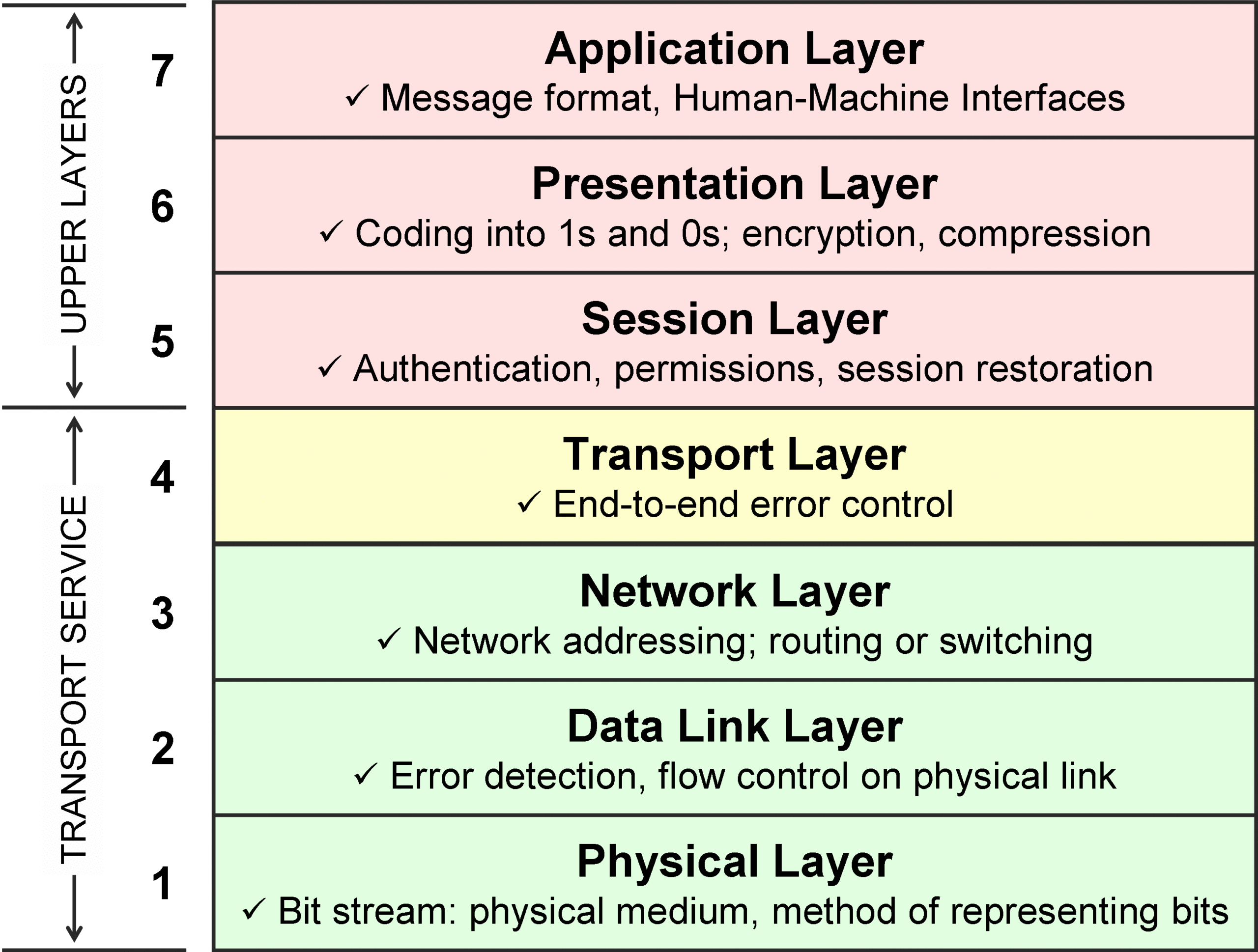Understanding Cloud Networking Protocols: Key Protocols, VPNs, SDN, and More
In today’s digital landscape, cloud networking protocols play a crucial role in enabling efficient and secure data transmission. From Virtual Private Networks (VPNs) to Software-Defined Networking (SDN), along with tools like load balancing, firewalls, and monitoring systems, businesses and IT professionals need to fully comprehend the intricacies of these technologies. By delving into the realm of cloud networking protocols, organizations can optimize their network performance, enhance security measures, and ensure seamless connectivity across cloud environments. With a focus on Cloud networking protocols, this article aims to provide valuable insights into the importance and benefits of leveraging key protocols for maintaining a reliable and robust network infrastructure.

Exploring Key Cloud Networking Protocols
TCP/IP
TCP/IP stands as the cornerstone of internet communication, ensuring robust and dependable data transmission. This protocol suite governs how data packets are formatted, addressed, sent, routed, and received across networks, forming the basis of modern digital interactions. Understanding TCP/IP is vital for optimizing cloud network performance and maintaining seamless connectivity in diverse environments.
HTTP/HTTPS
HTTP and its secure counterpart HTTPS are pivotal application-layer protocols that facilitate web browsing and secure data transfer over the internet. HTTP governs the transfer of web pages’ data, while HTTPS adds an extra layer of encryption for secure online transactions and sensitive information exchange. These protocols are essential for maintaining data integrity and confidentiality in cloud networking environments.
DNS
DNS, the Domain Name System, acts as the internet’s phone book, translating user-friendly domain names into machine-readable IP addresses. By resolving domain names to IP addresses, DNS enables users to navigate the web seamlessly, locating resources and services across the vast online landscape. Robust DNS management is crucial for maintaining efficient and reliable cloud networking operations, ensuring swift connectivity and resource access.

The Role of VPNs in Cloud Networking
Securing Data Transmission with VPNs
In the realm of Cloud Networking Protocols, Virtual Private Networks (VPNs) establish secure pathways over public internet connections, safeguarding sensitive data from potential threats. By encrypting data, VPNs ensure end-to-end confidentiality and integrity, mitigating risks associated with unauthorized access or data breaches.
Enhanced Access Control and Connectivity
VPNs play a pivotal role in providing access control mechanisms for remote users and branch offices, granting authorized personnel secure entry into the network. This selective access enhances network security by restricting entry to verified individuals only, thus fortifying the overall infrastructure against potential cyber threats.
Scalability and Cost-Effectiveness of Cloud-Based VPNs
Cloud-based VPN solutions offer organizations scalable and cost-effective connectivity options, allowing seamless integration and expansion of network resources as business demands evolve. By leveraging cloud infrastructures, enterprises can efficiently manage network resources while optimizing costs, reflecting the adaptability and efficiency of modern cloud networking solutions.

Exploring Software-Defined Networking (SDN) in Cloud Networks
SDN revolutionizes cloud networking by decoupling the network control plane from the data plane. This separation allows for flexible network management, enhancing scalability and simplifying network operations. Cloud-based SDN solutions centralize control and automate tasks, promoting agility and efficiency in network configuration. Dynamic resource allocation in SDN enables on-the-fly adjustments to meet varying application demands, optimizing performance and resource utilization.

Securing Cloud Environments with Cloud Firewalls
Safeguarding Cloud Resources
Cloud firewalls act as virtual barriers, shielding cloud assets from cyber threats by controlling access. By monitoring and filtering network traffic, they thwart unauthorized access attempts, ensuring data integrity and confidentiality in cloud environments. Embracing cloud firewalls is vital for fortifying defense mechanisms against evolving cybersecurity risks.
Traffic Filtering for Enhanced Security
Through meticulous traffic analysis, cloud firewalls scrutinize incoming and outgoing data flows. By enforcing predefined security protocols and policies, they mitigate potential vulnerabilities and prevent unauthorized data breaches. This rigorous traffic filtering mechanism bolsters the resilience of cloud networks, maintaining a secure and compliant ecosystem.
Ensuring Compliance Adherence
Cloud firewalls play a pivotal role in aligning organizations with stringent industry standards and regulatory requirements. By enforcing security protocols and access controls, they help businesses adhere to data protection laws and compliance mandates. Leveraging cloud firewalls elevates security postures, instilling trust and confidence in data handling practices.

Enhancing Network Performance through Cloud Monitoring and Analytics
Leveraging Cloud Monitoring Tools
Cloud monitoring tools are indispensable for gaining comprehensive insights into network performance and utilization. By leveraging these tools, businesses can access real-time data on network activities, allowing for proactive management and swift issue resolution. These tools play a pivotal role in ensuring optimal network performance and detecting any anomalies that may impact operations.
Metrics and Logs for Optimization
Cloud monitoring tools gather a plethora of metrics and logs vital for troubleshooting, capacity planning, and network optimization. From bandwidth utilization to response times, these data points offer valuable inputs for fine-tuning network configurations, identifying bottlenecks, and enhancing overall performance. Robust monitoring solutions empower IT professionals to make data-driven decisions and streamline network operations.
Proactive Network Management with Analytics
The integration of analytics capabilities within cloud monitoring tools enables organizations to delve deeper into network data, identifying trends and patterns that facilitate proactive network management. By analyzing historical data and predicting future trends, businesses can anticipate network demands, optimize resource allocation, and preemptively address potential issues. Analytics empower IT teams to enhance network performance, bolster security, and deliver seamless user experiences.
